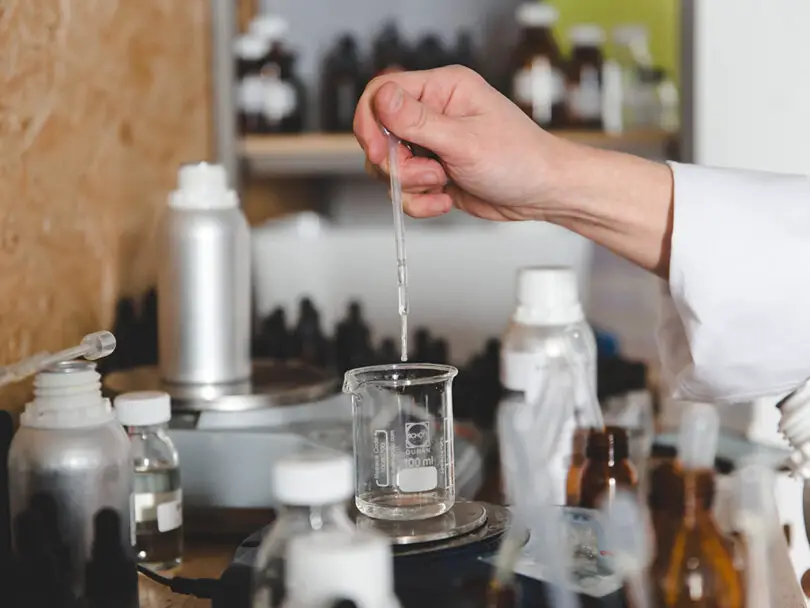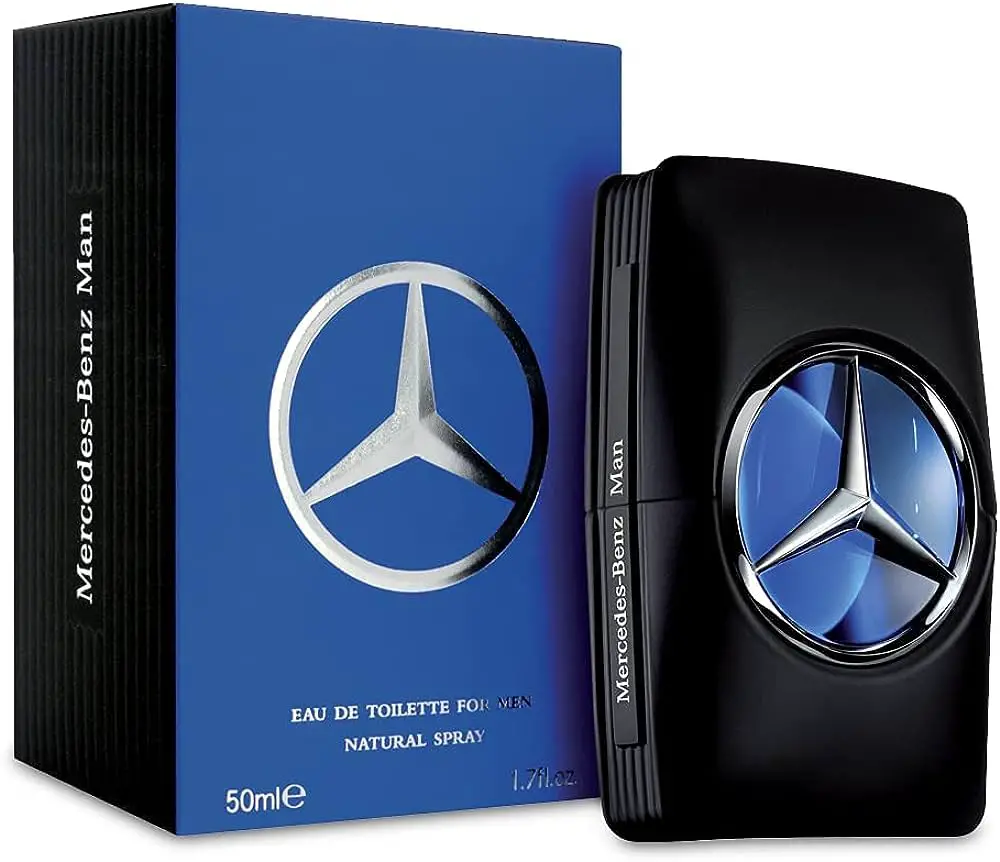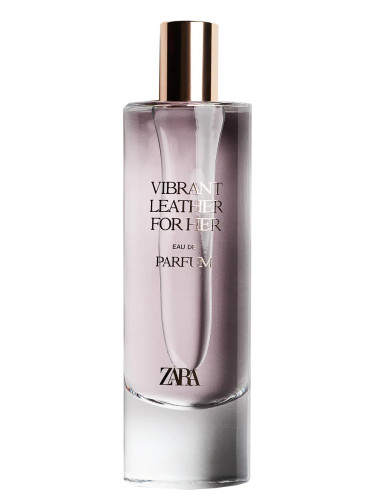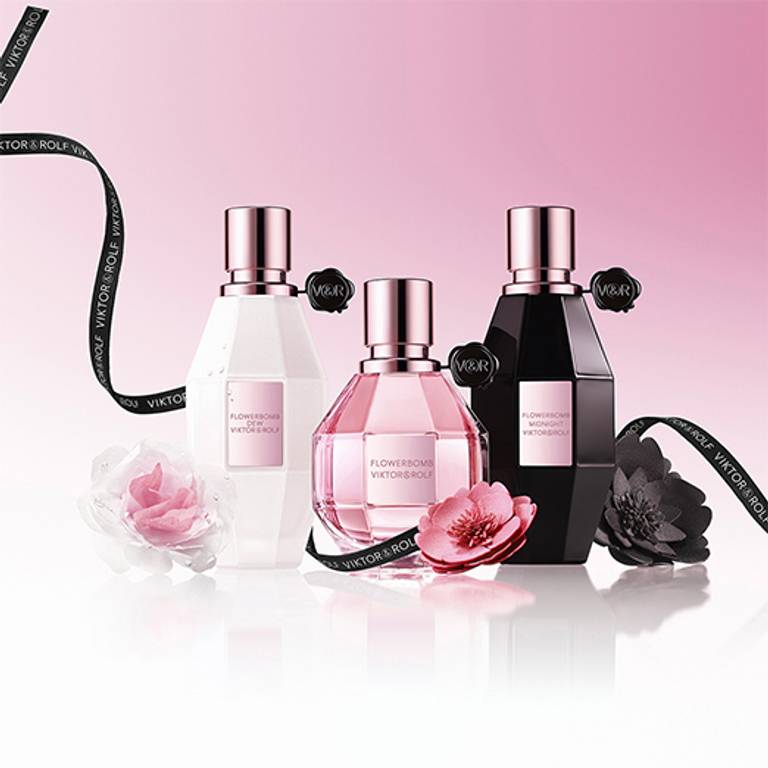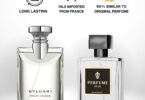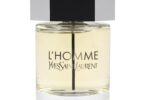To make perfume professionally, gather high-quality ingredients and equipment, create a balanced fragrance formula, blend the ingredients in the correct proportions, and allow the perfume to properly age for optimal scent development before bottling. Making perfume professionally requires expertise in fragrance chemistry and meticulous attention to detail.
Perfume making is an art that has been practiced for centuries, and the process of creating a fragrance involves a careful balance of creativity and science. Whether you’re looking to start your own perfume business or simply want to create unique scents for personal use, learning how to make perfume professionally can be a rewarding and exciting journey.
In this guide, we will explore the essential steps and techniques involved in the perfume-making process. By following these steps and honing your skills, you can develop beautifully crafted perfumes that captivate the senses. So, let’s dive in and uncover the secrets of professional perfume-making.
The Basics Of Perfume Making
Perfume making is an art and science that requires a deep understanding of fragrances. By exploring different types of perfume ingredients, you can create captivating scents. To start, gather the essential tools and supplies for perfume making. Once you have everything in place, you can begin experimenting with different combinations of ingredients and notes.
Remember, the key is to find the right balance and harmony between the top, middle, and base notes. With practice and patience, you can develop your own signature perfume professionally. Whether you want to start a perfume business or simply enjoy the process as a hobby, the basics of perfume-making are vital to creating unique and enchanting fragrances.
So, get ready to dive into the fascinating world of perfume-making and unleash your creativity.
Creating Your Signature Perfume
Creating a professional perfume involves selecting the right base, middle, and top notes. These notes blend together to create a well-balanced fragrance. To start, carefully choose your base notes, which provide the foundation of your perfume. Next, select middle notes that add depth and complexity to the scent.
Finally, top notes give your perfume its initial burst of fragrance. Experiment with different scent combinations to find your signature perfume. Remember to use blending techniques to ensure a harmonious blend of notes. Mixing and matching various scents can result in unique and captivating fragrances.
With careful selection and experimentation, you can create a perfume that reflects your personal style and leaves a mesmerizing impression.
Perfume Formulation And Production
Perfume formulation and production involves calculating the right amounts of ingredients. It is essential to create perfume recipes and logbooks to record the process accurately. Mixing and macerating your perfume helps the ingredients blend together effectively. These steps ensure a professional approach to making perfume.

Credit: www.karengilbert.co.uk
Refining And Adjusting Your Perfume
Refining and adjusting your perfume is a crucial step in mastering the art of perfume making. Understanding the aging process is key to achieving the desired fragrance. To test and smell your perfume effectively, follow these tips: apply it on pulse points, let it sit for a few minutes, and take note of its scent progression.
By doing so, you’ll gain insights into the longevity and development of your fragrance. Additionally, it is important to make adjustments for different fragrance profiles. Different scents may require varying concentrations of ingredients or changes in the composition to achieve the desired scent balance.
Experimentation and a keen sense of smell are essential in this process. With patience and practice, you can create perfumes that are professional, unique, and truly captivating.
Packaging And Marketing Your Perfume
Packaging your perfume requires careful consideration of the materials used to ensure its visual appeal and fragrance preservation. Labels and branding should be designed in a way that captures the essence of your perfume, attracting potential buyers. To promote and sell your perfume successfully, implementing effective strategies is key.
Utilizing social media platforms and influencers can significantly boost brand visibility and attract a wider audience. Additionally, collaborating with retailers and attending trade shows can help you reach even more customers. Engaging in targeted advertising campaigns, both online and offline, can create further awareness and interest in your perfume.
By carefully planning your packaging, branding, and marketing efforts, you can establish yourself as a professional perfume maker and achieve success in the industry.
Tips For Professional Perfumers
Professional perfumers can benefit from networking and joining perfume associations. By connecting with others in the industry, they can gain valuable insights, exchange ideas, and build relationships. It is also crucial for perfumers to stay updated with current industry trends.
This allows them to understand evolving consumer preferences and adjust their creations accordingly. Pursuing professional development and education is another important aspect of being a successful perfumer. By continuously honing their skills and staying informed about new techniques and ingredients, professionals can stay ahead of the competition.
Overall, building a strong network, staying informed, and investing in professional development are key steps to making perfume professionally.
Frequently Asked Questions Of How To Make Perfume Professionally
How Are Professional Perfumes Made?
Professional perfumes are made by blending various aromatic ingredients to create a unique scent.
How Do You Become A Professional Perfume Maker?
To become a professional perfume maker, follow these steps: 1. Learn the basics of perfumery through training or courses. 2. Gain practical experience by working with experienced perfumers or in the fragrance industry. 3. Develop your olfactory skills by practicing smelling and identifying various scents.
4. Create your own unique fragrance blends and build a portfolio to showcase your skills and creativity.
How Do You Make High-Quality Perfume?
To make high-quality perfume, carefully blend fragrant essential oils and alcohol in precise proportions.
How Much Does It Cost To Create Your Own Perfume?
Creating your own perfume can cost anywhere between $20 to $500, depending on the quality and complexity of the ingredients used.
Conclusion
Creating perfume can be a mesmerizing and fulfilling process. By following the steps outlined in this guide, you can embark on your journey to becoming a professional perfumer. Remember to start with a clear vision and concept for your scent, experiment with different fragrance notes to find the perfect blend, and use high-quality ingredients to achieve top-notch results.
Additionally, keep in mind the importance of proper dilution and aging to allow the fragrance to develop to its full potential. Finally, don’t forget the significance of packaging and branding to make your perfume stand out in an increasingly competitive market.
With dedication, creativity, and the right techniques, anyone can turn their passion for fragrance into a successful perfume-making venture. So go ahead, unleash your creativity, and start wowing the world with your unique scents!

